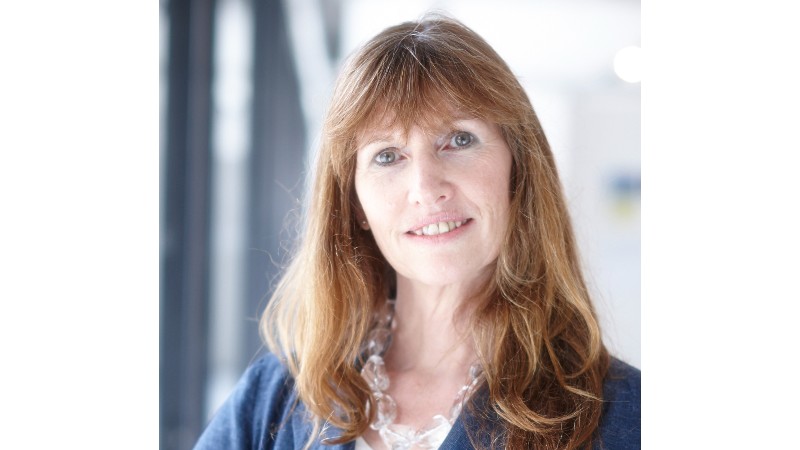Childbirth is focus of BBC Radio 4 programme authored by Oxford Brookes professor

How have experiences of childbirth in the UK changed over the past decades and how well are maternity services keeping up with these changes?
These are the questions posed by an Oxford Brookes University Professor in a programme to be broadcast on BBC Radio 4 next week.
Tina Miller, Professor of Sociology, has written and will present BBC Radio 4’s Analysis with a programme entitled What’s Changing About Childbirth? The programme will examine each stage of becoming a mother – from conception to antenatal preparation, labour and birth, and the postnatal period – to find out how maternity care and other services have kept up with broader societal changes.
Professor Miller said: “Over the past 20 years we have seen a whole range of social shifts, to which maternity and post-natal services have responded in uneven and partial ways.
“We can point to many changes that have happened in women's lives, in men's lives, and in families’ lives. Women are delaying childbirth as a consequence of these, which has implications for fertility, pregnancy and birth experiences.
“However, our NHS services are designed to meet the needs of a very different era. There is a real mismatch between how we prepare women for birthing, with months of going to classes and a lot of monitoring, but now likely birth outcomes involve much more intervention and postnatal care does not reflect these changes.”
This is the third time Professor Miller has written and presented a programme for Analysis. In November 2022 she presented a programme called Why Do We Assume Women Care? The programme examined the roles of women in caring, ranging from looking after young children to becoming carers for sick or elderly relatives or friends. And in June 2020 she presented a programme entitled Modern Parenting, exploring changing parenting styles over recent decades.
The latest programme is based on findings from Professor Miller’s most recent academic research project called Transition to Motherhood which has repeated an earlier study conducted 21 years ago. Over the course of 25 years of research she has interviewed hundreds of mothers and parents. Cambridge University Press will be publishing an accompanying book Motherhood: Contemporary Transitions and Generational Change, later this year.
Professor Miller added: “The days and weeks after giving birth are a critical time. But NHS services are being cut right back in terms of health visitors and all those people who historically would be in the community supporting mothers. It's almost like, ‘you've got your baby, so what are you going on about?’
“The other side of birth, I feel, is really unsupported and in need of a redesign, with a disproportionate amount of care antenatally. It would be really interesting to just look at where care is most needed and try to balance that out.”
Professor Miller has expertise in motherhood and fatherhood transitions, constructions of gender identities, masculinities, reproductive health, and qualitative research methods and ethics. She has advised the World Health Organisation as well as UK political parties, and given evidence to the Parliamentary Women and Equalities Committee hearing on Fathers in the Workplace.
BBC Radio 4’s Analysis programme was first broadcast in 1970 and its purpose is to examine the ideas and forces which shape public policy in Britain and abroad.
Analysis will be broadcast on BBC Radio 4 on Monday 19 June at 8.30pm and will also be available after broadcast via the website. More information.
